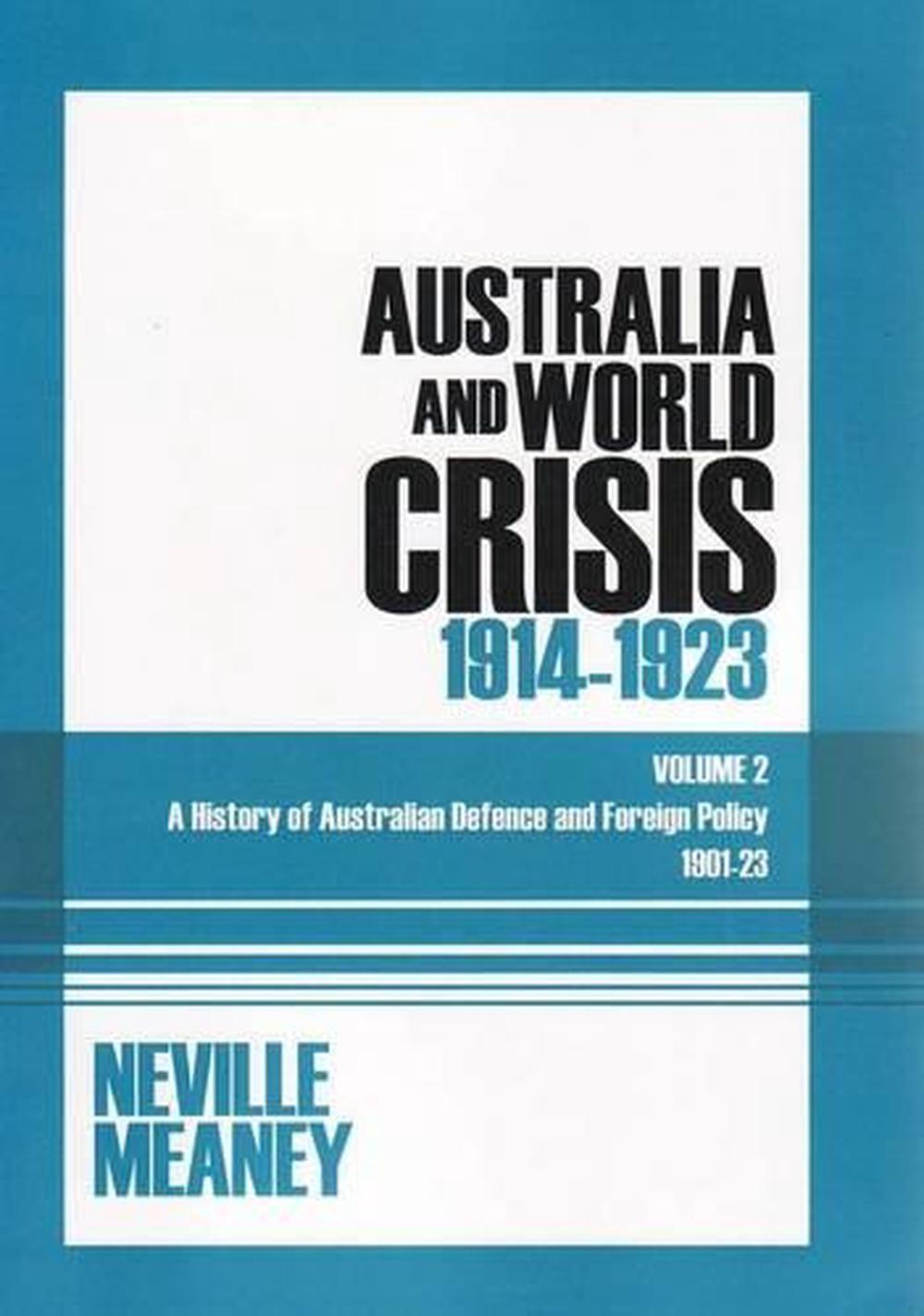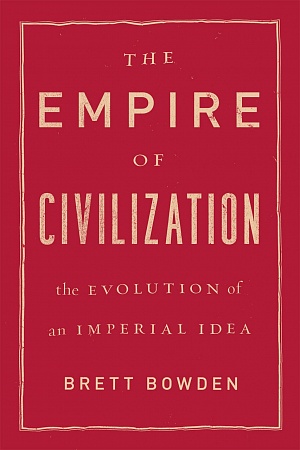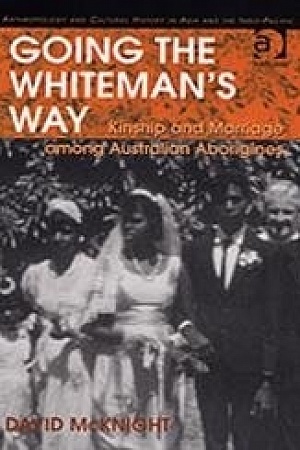A History of Australian Defence and Foreign Policy 1901–23: Volume Two – Australia and World Crisis, 1914 – 1923
Sydney University Press, $80 pb, 551 pp
Tricky business
War aims to achieve essentially political objectives through the use of organised violence. It is a tricky business because the means we try to use – the violence itself and the way we organise and inflict it – exert a powerful fascination which often overshadows the objectives we have set ourselves. We so easily focus on the fighting itself and forget why we are doing it. Afghanistan today shows how the resulting muddle can distort contemporary strategic choices. But it also affects our view of past wars, which matters because past wars so strongly shape the way we see ourselves today. We tell and retell the stories of our soldiers’ heroism and tragedy, but hardly consider what they were fighting to achieve. As a result, we come to see our military history as a series of heroic exploits shorn of strategic purpose, so that war’s violence and sacrifice becomes self-validating; an end in itself. Almost, as Peter Weir suggested, like a sport.
This is perhaps most true of our biggest war. Take Les Carlyon’s The Great War (2006). It runs to more than 750 pages, but devotes just a single paragraph to explaining the policy purposes for which Australia decided to go to war with Germany, before dismissing them as essentially irrelevant to the stirring stories he retells so vividly. ‘Passions rather than interests led Australia into the Great War,’ Carlyon concludes. This is the generally held view: for four long years, Australia sent fifteen per cent of its entire population to an appalling war for no clear purpose, driven only by misguided imperial loyalty among those at home, and a sense of boyish adventure among those who went.
Continue reading for only $10 per month. Subscribe and gain full access to Australian Book Review. Already a subscriber? Sign in. If you need assistance, feel free to contact us.











Leave a comment
If you are an ABR subscriber, you will need to sign in to post a comment.
If you have forgotten your sign in details, or if you receive an error message when trying to submit your comment, please email your comment (and the name of the article to which it relates) to ABR Comments. We will review your comment and, subject to approval, we will post it under your name.
Please note that all comments must be approved by ABR and comply with our Terms & Conditions.